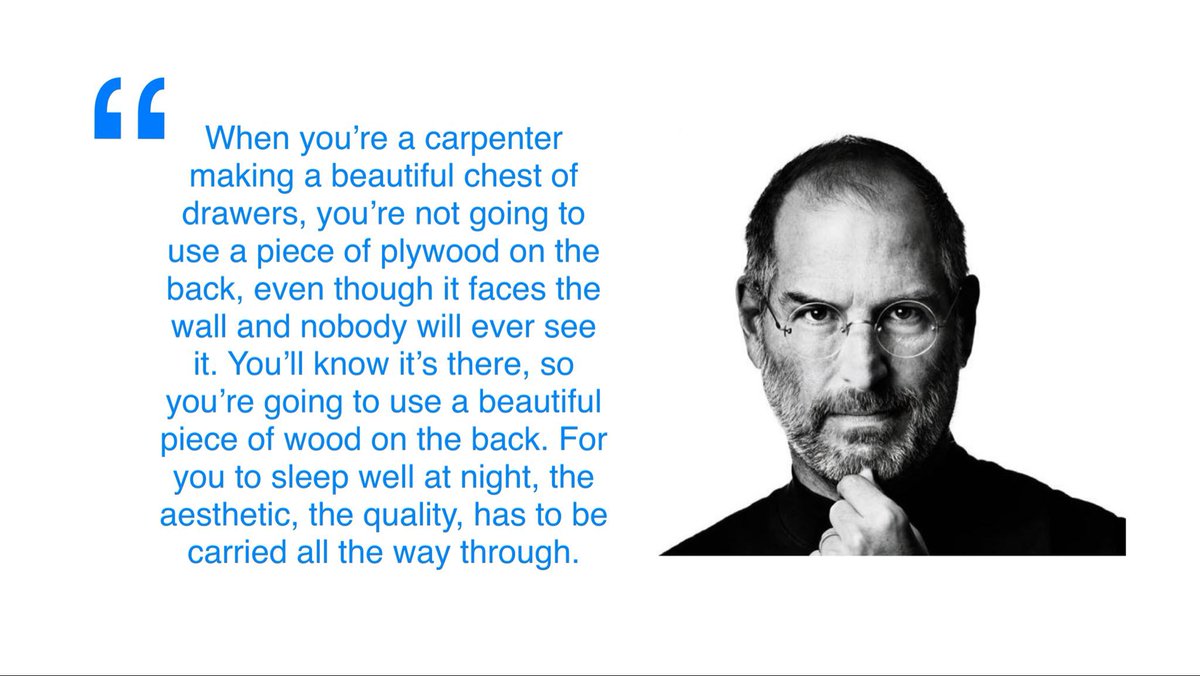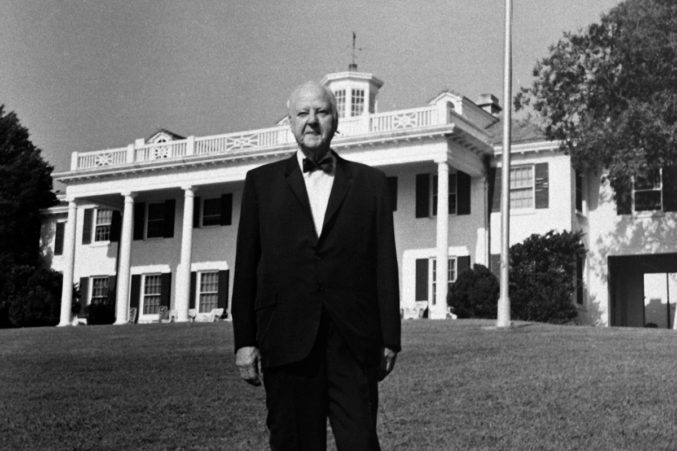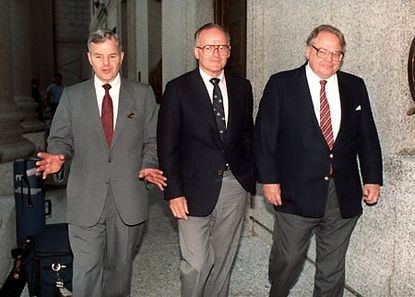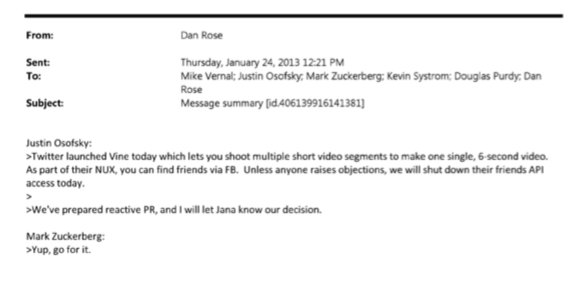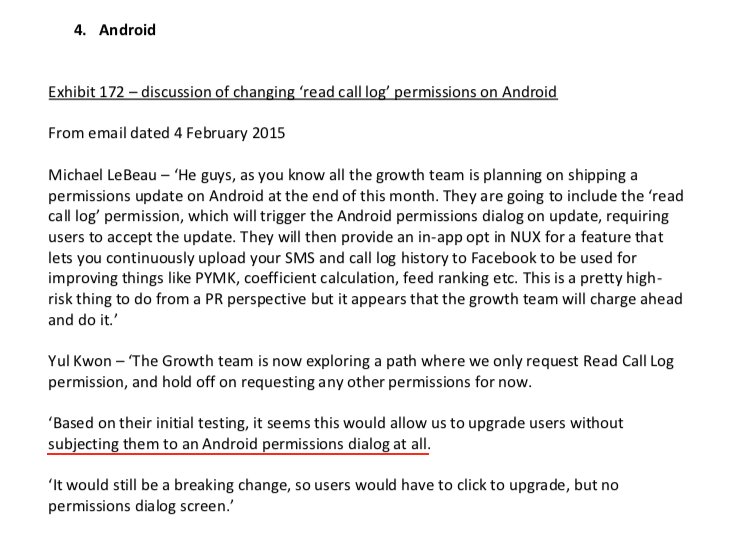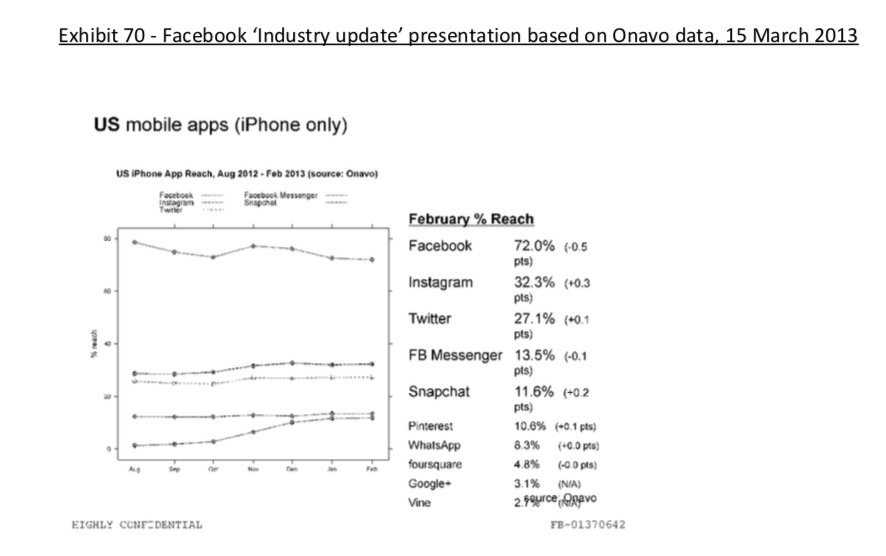The Steve Jobs Quality Razor
When building, take pride in carrying the quality all the way through.
Would you be proud for your work to be seen from every angle and perspective?
If not, keep working.
The ELI5 Razor
Complexity and jargon are often used to mask a lack of true understanding.
If you can’t explain it to a 5-year-old, you don’t really understand it.
If someone uses a lot of complexity and jargon to explain something to you, they probably don’t understand it.
Munger’s Rule of Opinions
“I never allow myself to have an opinion on anything that I don’t know the other side’s argument better than they do.” - Charlie Munger
Opinions aren’t free. You have to work to earn the right to have them.
The Bezos Regret Minimization Framework
The goal is to minimize the number of regrets in life.
When faced with a difficult decision:
(1) Project yourself into the future
(2) Look back on the decision
(3) Ask "Will I regret not doing this?"
(4) Take action
https://t.co/ve5kiowvN7
Buffett’s Rule of Holes
“The most important thing to do if you find yourself in a hole is to stop digging." - Warren Buffett
When things aren’t working, change course and try something different.
When you find yourself at the bottom of a hole, stop digging and climb out of it.
The
@paulg Crazy Idea Razor
If someone proposes a crazy idea, ask:
(1) Are they a domain expert?
(2) Do I know them to be reasonable?
If yes on (1) and (2), you should take the idea seriously, as it may be an asymmetric bet on the future.
The Boaster’s Razor
Truly successful people rarely feel the need to boast about their success.
If someone regularly boasts about their income, wealth, or success, it’s fair to assume the reality is a fraction of what they claim.
The Circle of Competence
Be ruthless in identifying your circle of competence (and its boundaries).
When faced with a big decision, ask yourself whether you are qualified to handle it given your circle.
If yes, proceed. If no, outsource it to someone who is.
https://t.co/H5zwF6Pkqt
The Duck Test
If it looks like a duck, swims like a duck, and quacks like a duck, it’s probably a duck.
You can determine a lot about a person by regularly observing their habitual characteristics.
Buffett’s Juicy Pitch
“You don't have to swing at everything - you can wait for your pitch." - Warren Buffett
Life doesn’t reward you for the number of swings you take.
Slow down and focus on identifying the juiciest pitch.
When it comes, swing hard and don’t miss it.
Occam’s Razor
The simplest explanation is often the best one.
Simple assumptions > complex assumptions.
Simple is beautiful.
https://t.co/X8ZWwVKVlj
The Buffett Reputation Razor
“It takes 20 years to build a reputation and five minutes to ruin it. If you think about that, you'll do things differently.” - Warren Buffett
Remember that quote and act accordingly.
Your character is your fate.
Hanlon’s Razor
Never attribute to malice that which can be adequately explained by stupidity.
In assessing someone's actions, we should not assume negative intent if there is a viable alternative explanation, such as different beliefs, incompetence, or ignorance.
https://t.co/myAAODdncq
The
@nntaleb “Look the Part” Razor
If forced to choose between two options of seemingly equal merit, choose the one that doesn’t look the part.
The one who doesn’t look the part has had to overcome much more to achieve its status than the one who fit in perfectly.
Newton’s Flaming Laser Sword
If something cannot be settled by experiment or observation, it is not worth debating.
This will save you from wasting a lot of time on pointless arguments.
Machiavelli’s Razor
Never attribute to malice that which can be adequately explained by self-interest.
In assessing someone's actions, we should not assume negative intent if there is a viable alternative explanation that they are acting on rooted self-interest.
Hitchens’ Razor
What can be asserted without evidence can also be dismissed without evidence.
The burden of proof regarding a claim lies with the one who makes the claim. If unmet, no argument is required to dismiss it.
Sagan’s Standard
“Extraordinary claims require extraordinary evidence.”
The more crazy and outrageous the claim, the more crazy and outrageous the body of evidence must be in order to prove it.
The
@Naval Reading Razor
“Read what you love until you love to read.”
When deciding what to read, just read whatever grabs you.
Avoid the trap of only reading “impressive” or “smart” books that bore you to death.
Never establish vanity metrics (e.g. # of books) as goals.
The Eisenhower Decision Matrix
When faced with a task, ask: “Is this urgent? Is this important?”
An "urgent" task is one that requires immediate attention. An "important" task is one that promotes or furthers your long-term goals.
Place it on a 2x2 matrix and act accordingly.
https://t.co/UNFqkFw69B
The Steve Jobs Settling Razor
“The only way to do great work is to love what you do. If you haven’t found it yet, keep looking. Don’t settle.” - Steve Jobs
It’s Monday morning. Did you wake up with energy or with dread?
Your answer will tell you if you’re settling.
The Career Razor
When deciding on a new job, choose the one that will challenge you the most (intellectually, physically, or emotionally).
Challenge and discomfort forces growth.
(P.S. Check out the job board below for challenging new roles!)
https://t.co/UhW76VmjrH
Those are 20+ powerful razors to help you cut through life’s noise.
If you enjoyed this, follow me
@SahilBloom for more and join the 20,000+ others by subscribing to my newsletter, where I regularly share high-signal, curiosity inducing content.
https://t.co/qMB8i60ney
